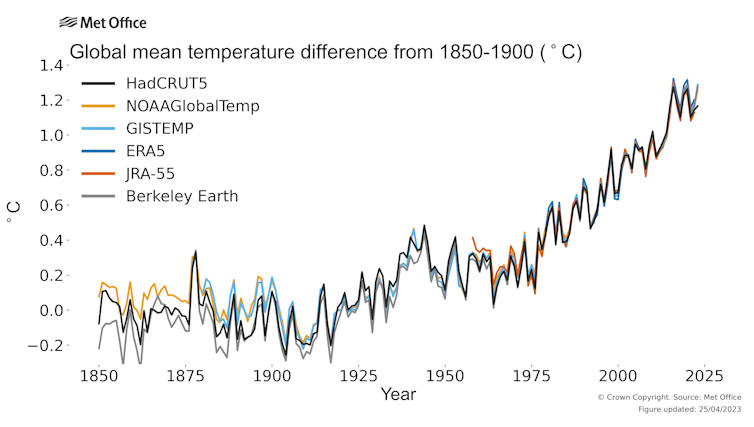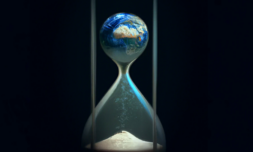In its latest assessment, the World Meteorological Organisation has warned we are fast approaching a tipping point that could collapse Antarctic ice and cause a huge rise in sea levels.
According to the World Meteorological Organisation’s (WMO) latest assessment, our planet is almost certain to experience new record temperatures in the next five years and breach the 1.5C climate threshold by 2027.
There’s now a 66 per cent chance this will happen, due to emissions from human activities and a change in weather patterns expected later this summer.
If the limit is passed – which researchers have warned could have dire consequences – it’s expected to be temporary. It would, however, represent a significant acceleration of our impact on the global climate system and send the Earth into ‘uncharted territory,’ as highlighted by the United Nations.
The report, known as the Global Annual to Decadal Climate Update, explains that the temperature rise will likely come from a combination of greenhouse gases and the anticipated return of the naturally-occurring El Niño phenomenon, which involves a warming of the Pacific Ocean’s surface.


‘We have never crossed 1.5C. The current record is 1.28C. It’s very likely we’re going to exceed that, we might even reach 1.5C – it’s more likely than not that we will,’ said Met Office expert Dr Leon Hermanson.
‘It’s not this long term warming that the Paris Agreement talks about, but it is an indication that as we start having these years, with 1.5C happening more and more often, we’re getting closer and closer to having the actual long-term climate being on that threshold.’




















